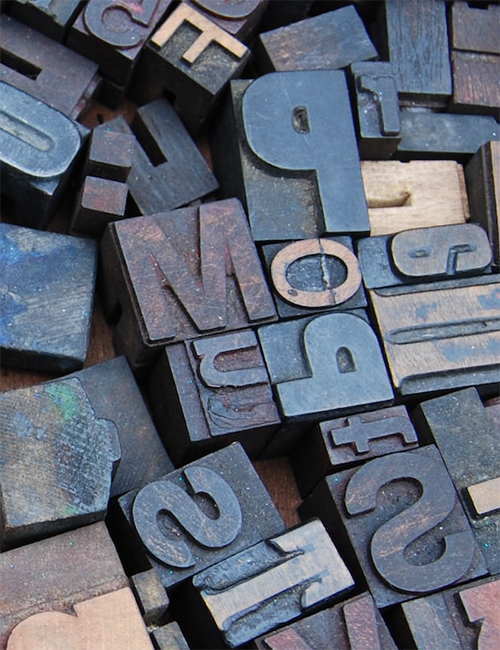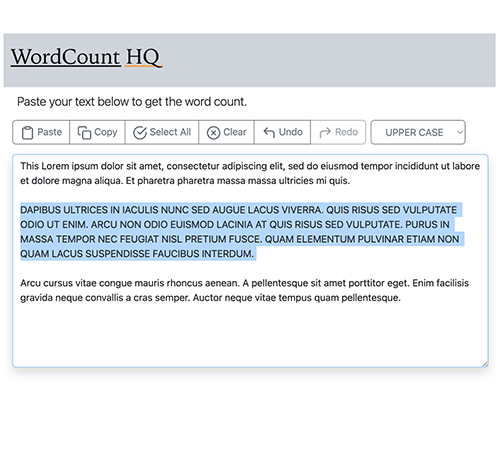The Art of Brevity
How Short Speeches Can Be More Powerful Than Long Ones
Some of history’s most memorable speeches were delivered in a matter of minutes, not hours. They used concise language, clear imagery and emotional appeal to convey their messages and inspire their audiences. Here are some examples of famous historical figures who mastered the art of brevity in their speeches.
- Abraham Lincoln: The 16th president of the United States gave one of the most influential speeches in American history at the dedication of the Gettysburg National Cemetery in 1863. The Gettysburg Address was only 272 words and three minutes long, but it eloquently reaffirmed the principles of democracy and human equality that the Civil War was fought for.
- Winston Churchill: The British prime minister rallied his nation against Nazi Germany with several stirring speeches during World War II. One of them was his “We Shall Fight on the Beaches” speech, delivered to the House of Commons on June 4, 1940. In just over six minutes, Churchill vowed to resist Hitler’s invasion and declared that Britain would never surrender.
- John F. Kennedy: The 35th president of the United States challenged Americans to explore space and reach the moon in his “We Choose to Go to the Moon” speech, delivered at Rice University on September 12, 1962. In less than 18 minutes, Kennedy explained the scientific and political benefits of space exploration and appealed to the spirit of adventure and discovery.
In contrast, some famous historical figures were known for making very long speeches that often bored or exhausted their listeners.
- Fidel Castro: The Cuban revolutionary leader was notorious for his marathon speeches that lasted for hours. His longest speech on record was delivered at the Third Communist Party Congress in Havana on December 7, 1986. It lasted for seven hours and 10 minutes. His longest speech at the United Nations General Assembly was on September 26, 1960. It lasted for four hours and 29 minutes.
- William Faulkner: The Nobel Prize-winning author gave a long and complex speech at the Nobel Banquet in Stockholm on December 10, 1950. He spoke for about 30 minutes, using elaborate metaphors and obscure references that confused many of his listeners. He later admitted that he had written the speech in a hurry and did not rehearse it.
- Edward Everett: The American politician and scholar was invited to give the main speech at the Gettysburg National Cemetery dedication on November 19, 1863. He spoke for about two hours, covering the history of the American Revolution and the Civil War in great detail. His speech was overshadowed by Lincoln’s brief but powerful address that followed.
Short speeches can be more effective than long ones if they are well-crafted and well-delivered. As Mark Twain once said, "The right word may be effective, but no word was ever as effective as a rightly timed pause." Use WordcountHQ to help you format your text, to get your message across.


